Judge in Hush-Money Trial Delays Trump’s Sentencing Until After Election, Says Delay Will ‘Dispel’ Suspicions Case Is Political
The judge also delayed a decision until after the election on a motion by President Trump’s attorneys to throw out the entire case based on the Supreme Court’s landmark ruling on presidential immunity.
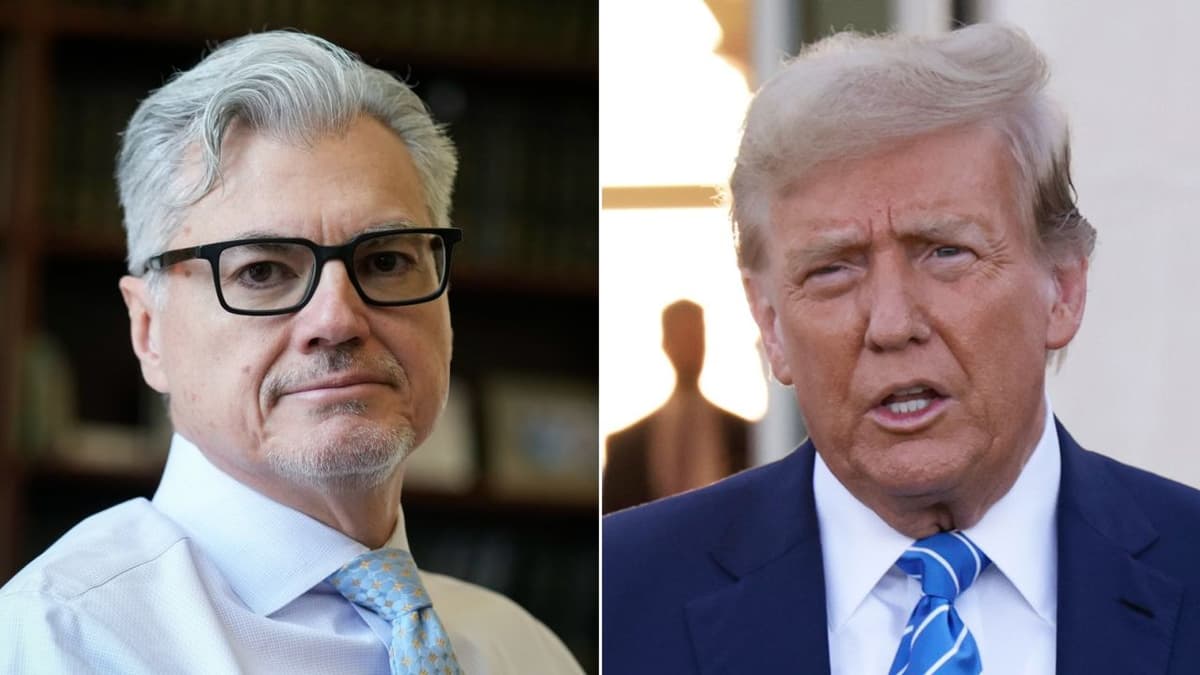
President Trump’s sentencing for his New York hush-money case brought against him by Manhattan district attorney Alvin Bragg, has been postponed until after the election and will be held on November 26, the presiding trial judge, Juan Merchan, ordered on Friday. Voters will not know if Trump will be given a prison sentence or sentenced at all for his felony conviction when they cast their votes on November 5.
“Sentencing in this matter – if necessary – is adjourned to November 26, 2024 at 10 am,” Judge Merchan wrote in his order, which was made public on Friday. He also delayed until November 12 his decision on whether or not to dismiss the entire case in light of the recent Supreme Court decision on presidential immunity. He had originally planned to release his decision on September 16.
The decision on the defense’s motion “to set aside the jury verdict and to dismiss the indictment will be handed down off-calendar on November 12,” the judge ruled on Friday. Should he rule to dismiss the case, there would, of course, be no more sentencing.
Hours after the Supreme Court “rendered a historic and intervening decision in Trump vs. United States,” as the judge phrased it in his Friday order, Trump’s defense attorneys immediately sought to dismiss the verdict and indictment in the hush-money case brought against their client at Manhattan criminal court, where in May, a jury found Trump guilty on 34 counts of falsification of business records in an alleged scheme to interfere with the 2016 election.
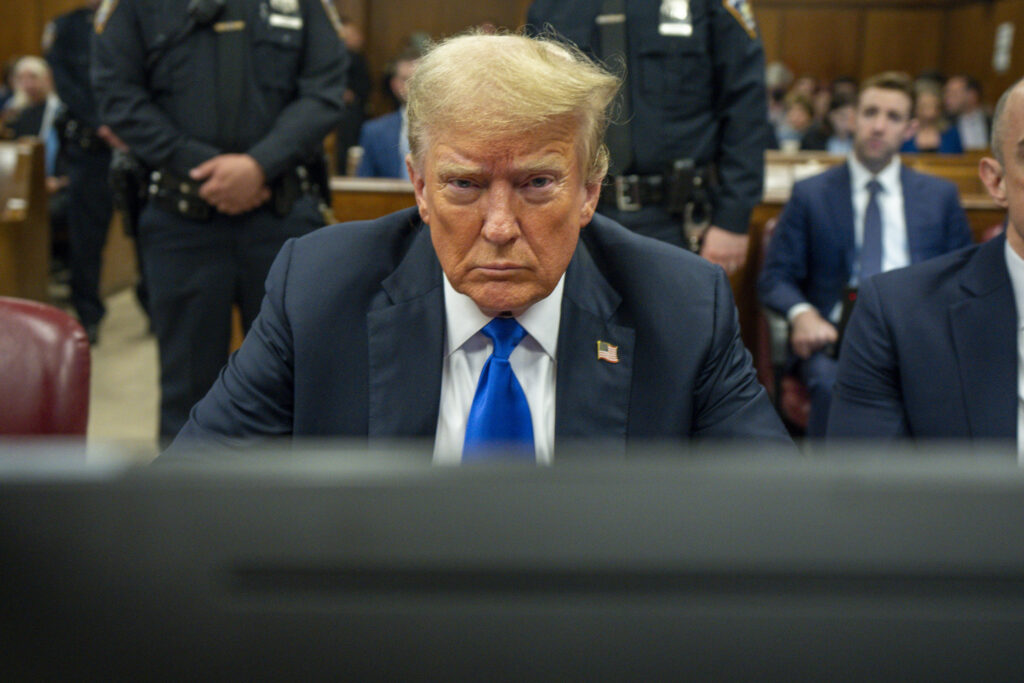
At the heart of the case was a $130,000 hush-money payment that Trump’s then personal attorney, Michael Cohen, made to the adult film star Stormy Daniels, whose real name is Stephanie Clifford, in 2016 to buy her silence about her claim that she had a single sexual encounter with Trump at a celebrity golf tournament at Lake Tahoe in 2006. The prosecution accused Trump of directing Cohen to wire the money to Ms. Clifford and then disguising his reimbursement to Cohen as a legal fee. Trump denies all charges and says he never had sex with Ms. Clifford.
Hours after the landmark Supreme Court decision, which found that former presidents are immune from prosecution for official acts committed in service of their presidency, Trump’s defense attorneys argued that evidence and witness testimony used during the hush-money trial stemmed from the time Trump was living in the White House and serving the nation as their 45th president.
Judge Merchan agreed that the defense’s arguments should be reviewed. “In light of the Supreme Court’s decision which this Court must interpret and apply as appropriate, this Court granted Defendant leave to file his motion,” the judge wrote on Friday. He had already delayed the sentencing, which was originally scheduled for July 11, to September 18, and his decision regarding the immunity claims to September 16.
But on August 14, Trump asked the court to adjourn the sentencing date until after the election, raising two main arguments. One, should the court decide not to dismiss the case on September 16, Trump would face his sentence hearing on September 18. This would leave his attorneys merely one day to appeal that decision. The attorneys further argued that the sentencing of Trump, who is currently running for president, could influence the opinion of voters during the presidential election.
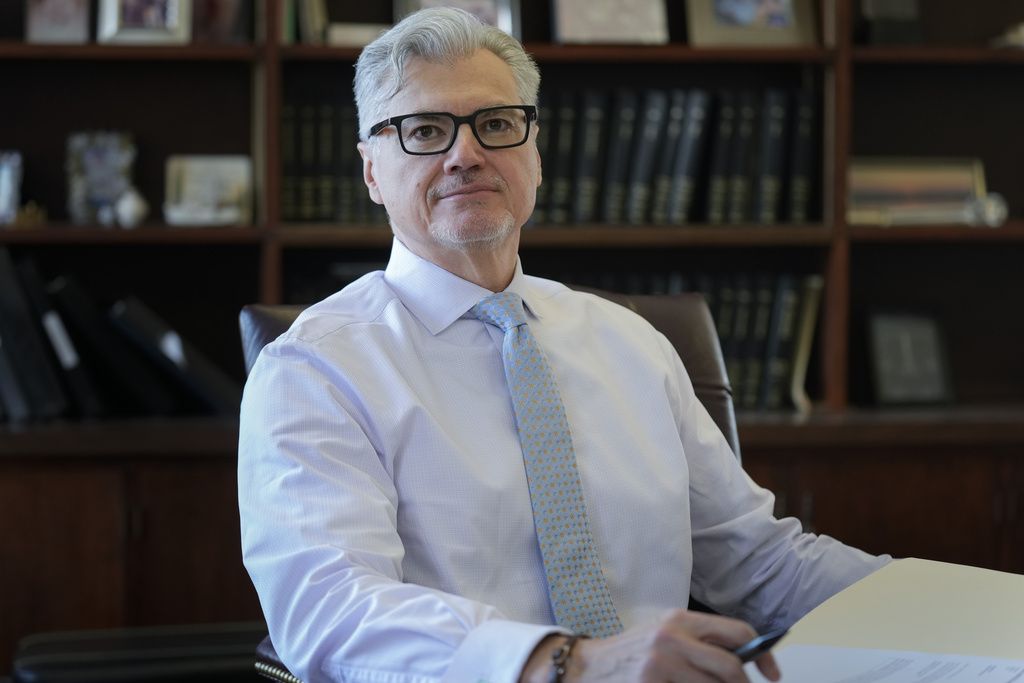
“By adjourning the sentencing until after that election, which is of paramount importance to the entire nation,” Trump’s attorneys Todd Blanche and Emil Bove wrote, “the court would reduce, even if not eliminate, issues regarding the integrity of any future proceedings.”
The district attorney’s office, in a move that surprised some legal observers, expressed that they would leave the decision on the sentencing date up to the judge.
On Friday, Judge Merchan, wrote that part of his reasoning to adjourn his decisions was to avoid the appearance that the sentencing was politically motivated and intended to interfere with the November election.
“Adjourning decision on the motion and sentencing, if such is required, should dispel any suggestion that the Court will have issued any decision or imposed sentence either to give an advantage to, or to create a disadvantage for, any political party and or any candidate for any office,” Judge Merchan wrote, adding that his court “is a fair, impartial, and apolitical institution,” and that his decision “should dispel any suggestion” otherwise.

The judge also acknowledged, as he has done in the past, the uniqueness of this case.
“This matter is one that stands alone, in a unique place in this Nation’s history, and this Court has presided over it since its inception,” the judge wrote, “from arraignment to jury verdict and a plenitude of motions and other matters in-between. Were this Court to decide, after careful consideration of the Supreme Court’s decision on Trump, that this case should proceed, it will be faced with one of the most critical and difficult decisions a trial court judge faces – the sentencing of a defendant found guilty of crimes by a unanimous jury of his peers.”
Trump is the first former president to be convicted of a felony.
In their filings, prosecutors insisted that the Supreme Court’s ruling has “no bearings” on their case, and that the evidence Trump alleged to be stemming from “official actions” was only a fraction of the evidence presented during trial. The principal charge, covering up an alleged sex scandal, remained an unofficial act unrelated to the duties of a sitting president, they argued.
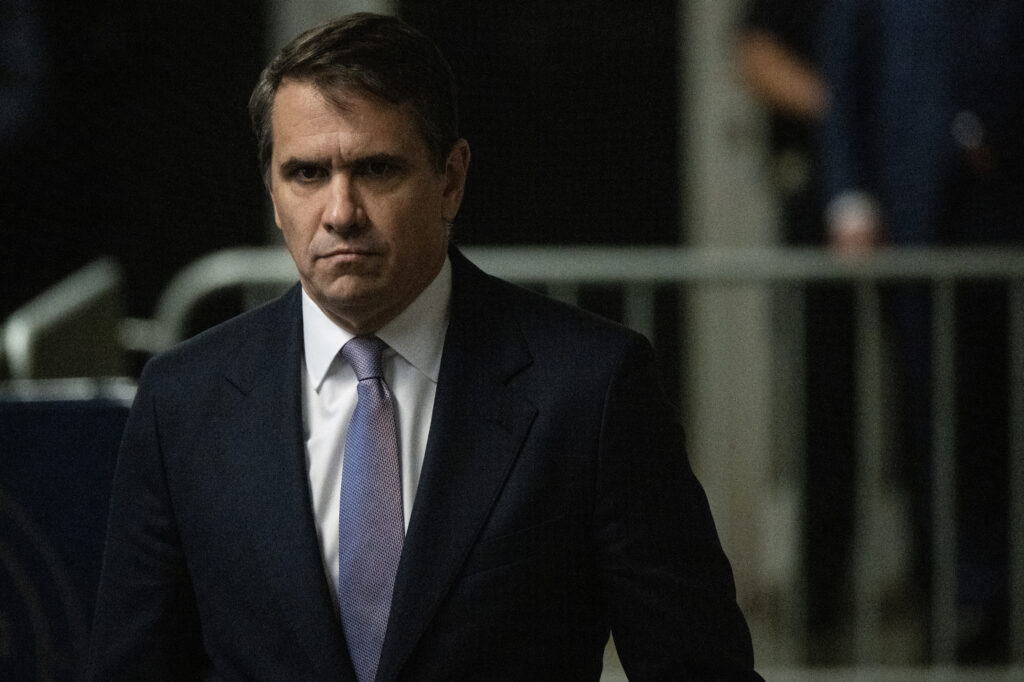
“The evidence that he claims is affected by the Supreme Court’s ruling constitutes only a sliver of the mountains of testimony and documentary proof that the jury considered in finding him guilty,” prosecutors wrote.
The judge asserted that his decision to adjourn both the ruling on the immunity claim and the sentencing, “if necessary”, was based on careful consideration of the facts and the law.
“This adjournment request has now been decided in the same way this Court has decided every other issue that has arisen since the origination of this case, applying the facts and the law after carefully considering the issues and respective arguments of the parties to ensure that the integrity of the proceeding is protected, justice is served, and the independence of this judiciary kept firmly intact,” he wrote.
Trump, on the other hand, has repeatedly said that the case was politically motivated and the judge is biased against him. He asked the judge three times to recuse himself from the case because the judge’s adult daughter, Loren Merchan, is a partner at the left-leaning digital agency Authentic, and has done campaign work for some of Trump’s most devoted adversaries, including Representative Adam Schiff, who’s favored to win Dianne Feinstein’s Senate seat in November, and Vice President Harris, who is now running against him in the upcoming presidential election.
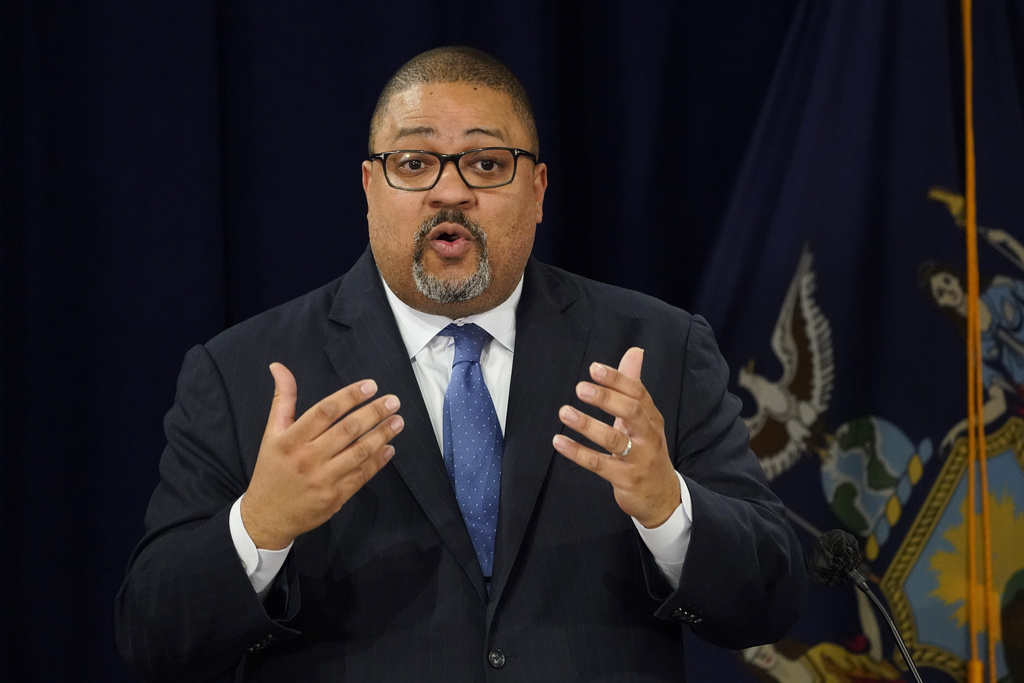
Judge Merchan has repeatedly declined to recuse himself, citing guidance from a judicial tribunal. He was rebuked by the New York State Commission on Judicial Conduct for donating $15 dollars to President Biden’s campaign in 2020, but allowed to remain on the Trump case.
Trump’s defense team also tried, twice, to move the case from state to federal court but was denied each time, lastly on Tuesday, as the Sun reported.
“Nothing in the Supreme Court’s opinion affects my previous conclusion that the hush money payments were private, unofficial acts, outside the bounds of executive authority,” the federal judge, Alvin Hellerstein, wrote in his opinion, made public on Tuesday.
Should Judge Merchan agree with Judge Hellerstein and find that Trump’s actions were indeed “unofficial acts,” thus rejecting the defense’s arguments that the Supreme Court’s ruling protects him from prosecution, and keep the case intact, Trump could face sentencing on November 26. Should Trump in the meantime have won the presidential election, he would be the first president elect to be sentenced at criminal court.
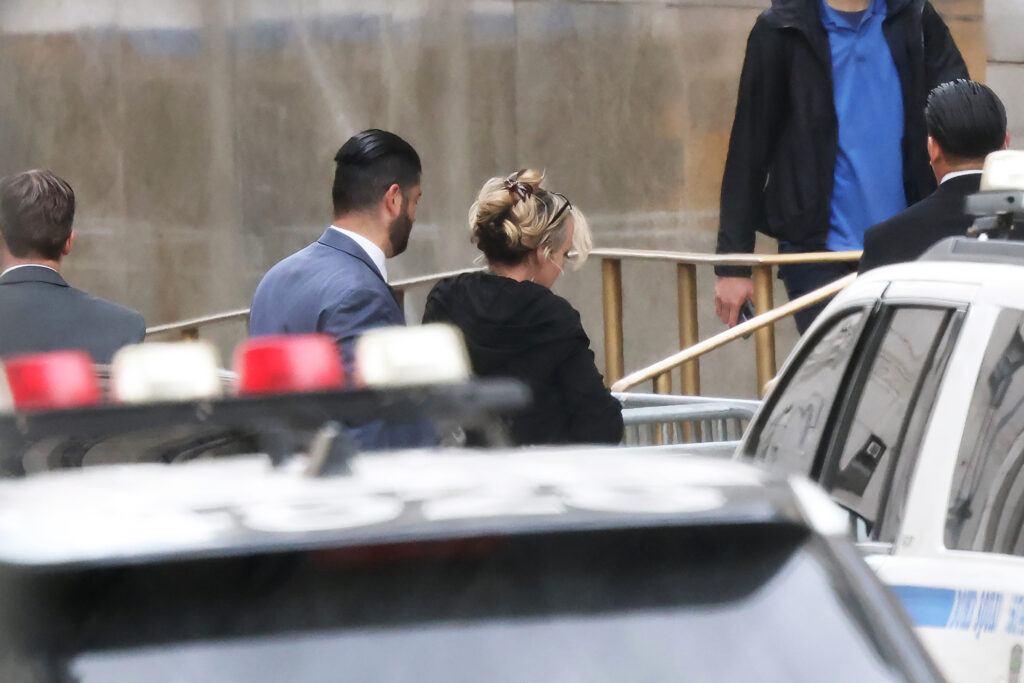
In a victory for Trump, the election can now proceed without the burden of having to face a possible sentencing and then having to rush to appeal that sentence and verdict. Trump is free to campaign without having to set foot inside the Manhattan criminal courthouse, a place he often jokingly described as an “ice box” because he was freezing inside the courtroom.

